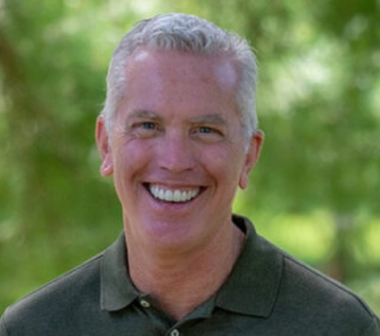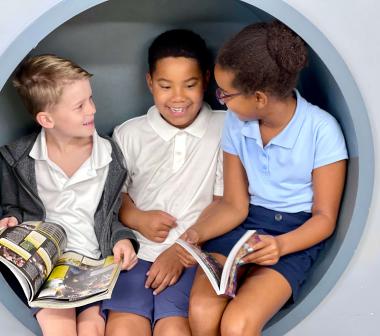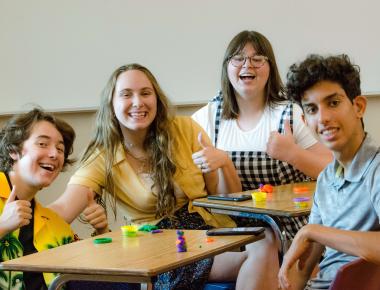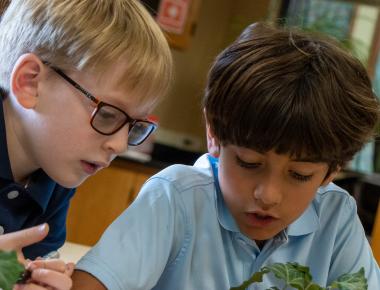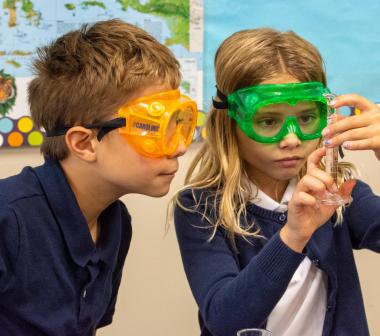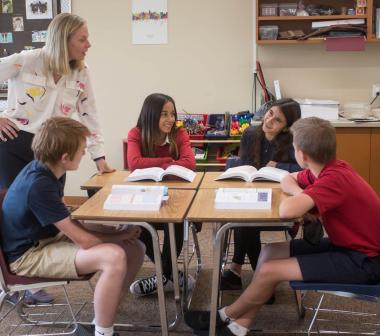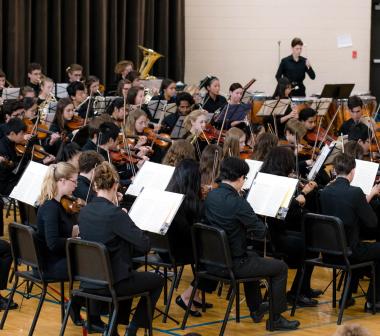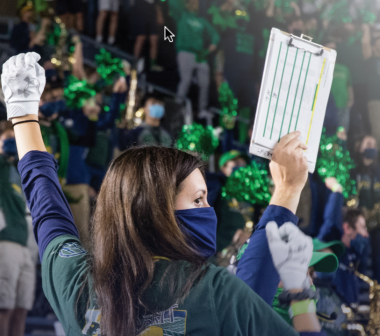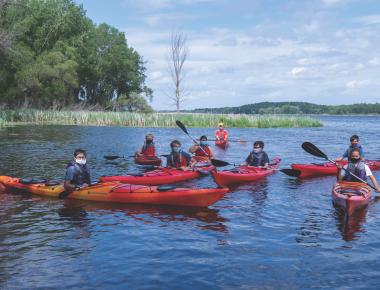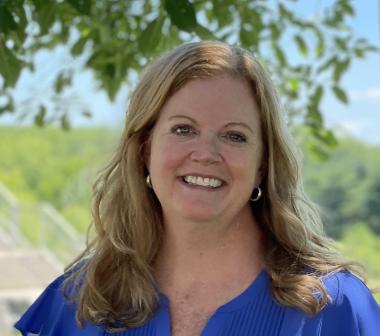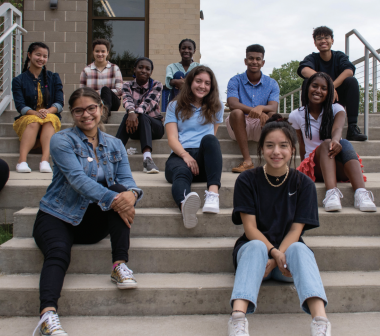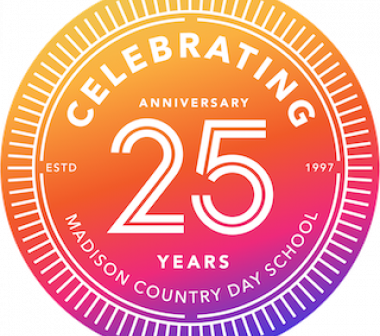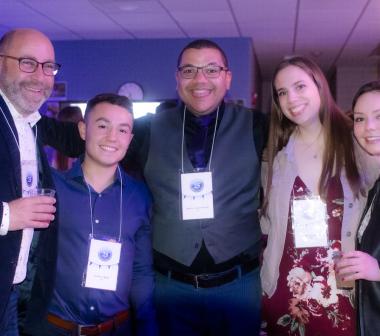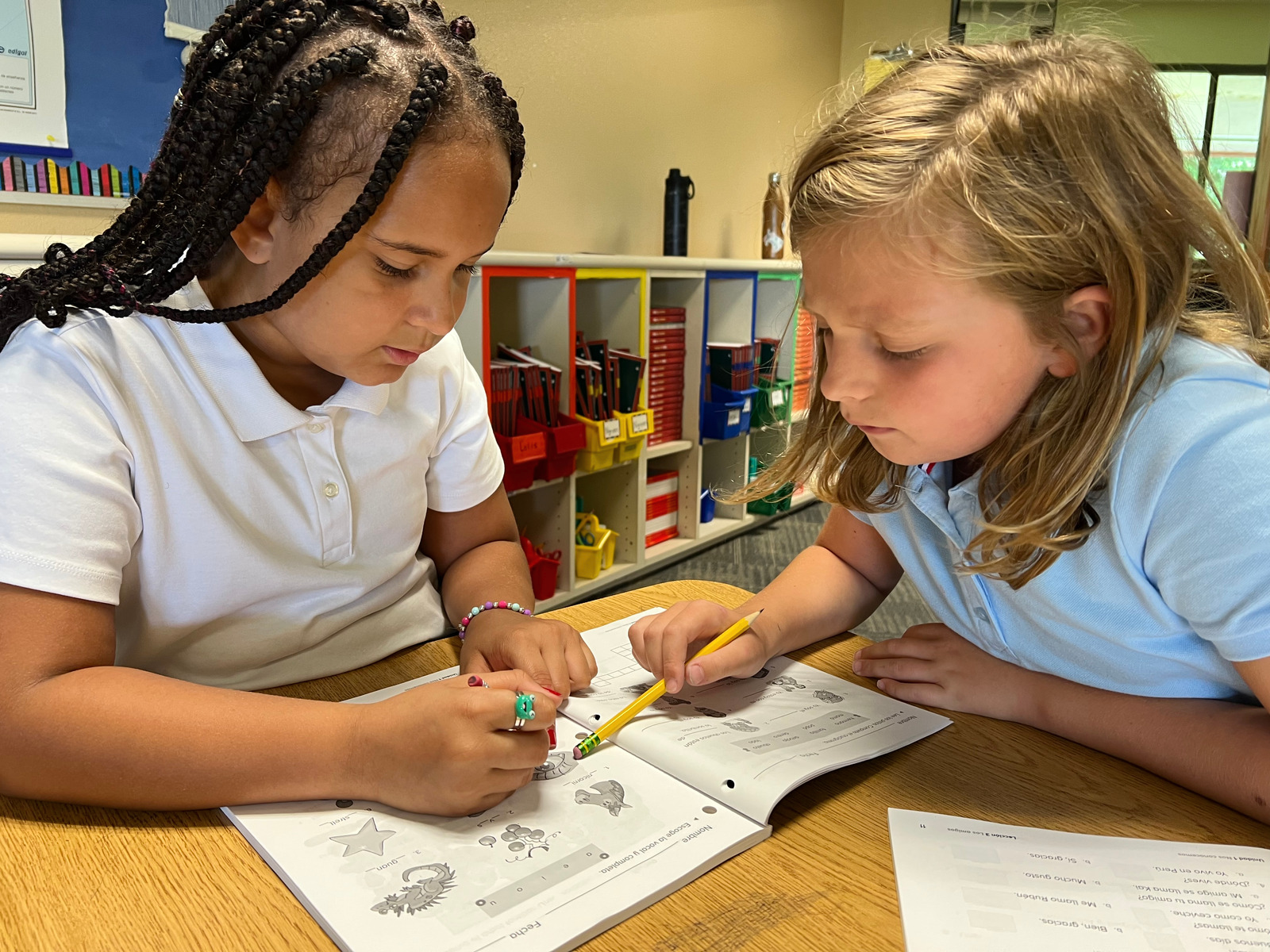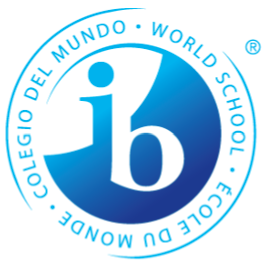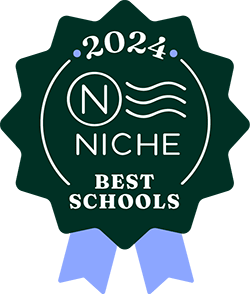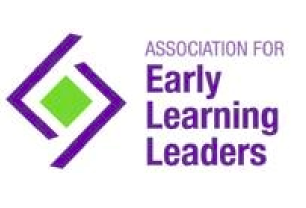Connections in Teaching, Connections in Learning
International Baccalaureate’s Primary Years Programme (PYP) and Middle Years Programme (MYP)
"Many of our teachers have been thinking about this, even working towards this. This is actually a program that somebody else has put together that’s going to enable us to do what we already want to do." —Mark Childs
As MCDS moves forward with its exploration of International Baccalaureate’s PYP and MYP framework, parents, students, and other members of the school community want to know more about how the school will implement PYP and MYP. How do the programs fit with MCDS’s mission and beliefs? Over the course of the 2019-20 school year, division heads Amy Maier, Jeff Stenroos, and Peter Locke have been working to answer the community’s questions as they prepare faculty and students for a trial of the programs during the 2020-2021 school year.
One useful definition of PYP and MYP comes from the International Baccalaureate’s resource, “What Is an IB Education?” According to the guide, PYP and MYP “emphasize the importance of making connections, exploring the relationships among academic disciplines, and learning about the world in ways that reach beyond the scope of individual subjects. The programs also focus on offering students authentic opportunities to connect their learning to the world around them.”
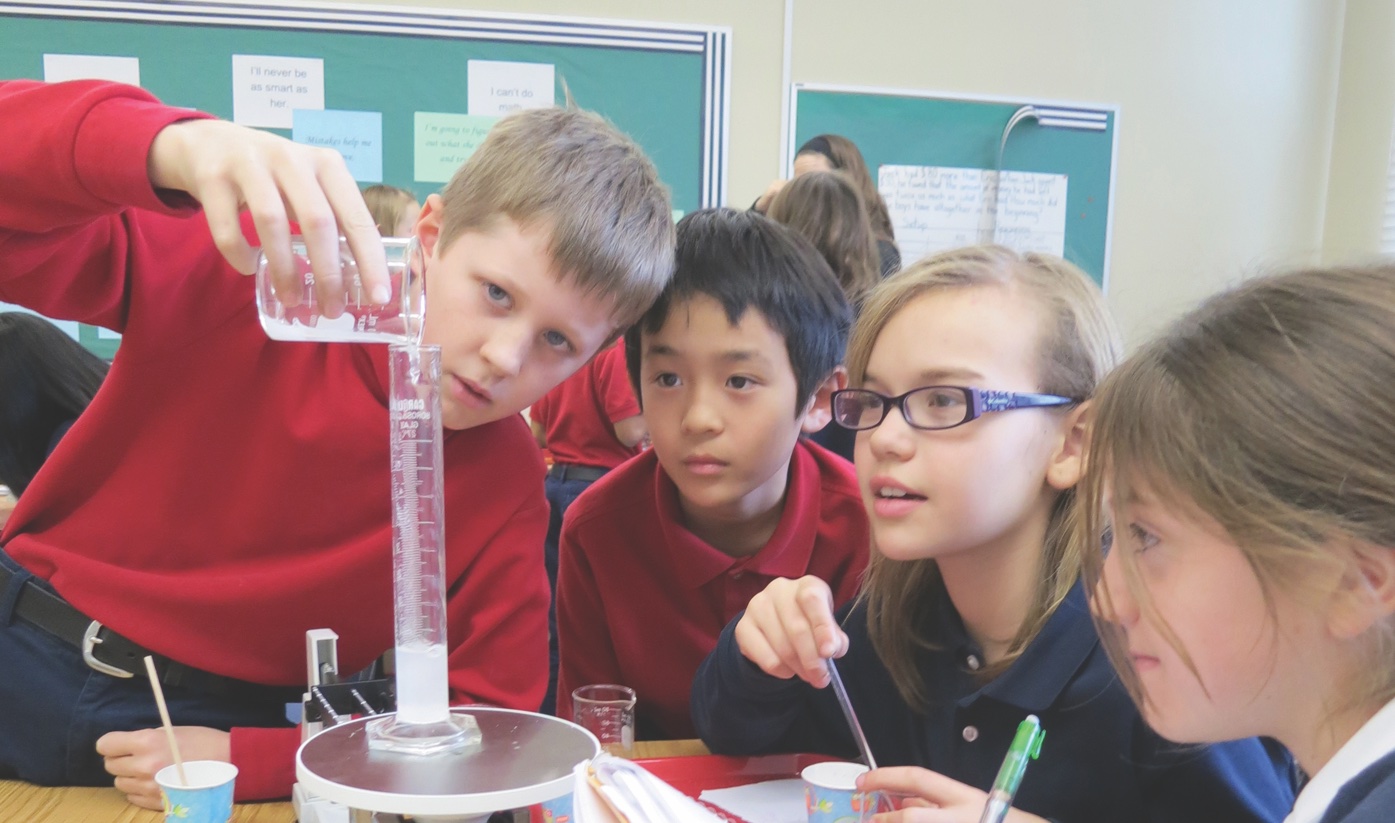
“At MCDS, we are teaching our students how to habituate thinking and learning,” explains Interim Head of School Devon Davis. “To master this, one must be presented with situations in which a transfer of learning can occur. Can our students recognize the situation for what it is and then apply it in a new situation? This learning occurs best through helping our students repeatedly make connections from one subject area to the next as well as to life outside of the classroom.” Ms. Davis and the division heads agree that PYP and MYP will facilitate this process.
At MCDS, the Primary Years Programme will cover Pre-Kindergarten through fourth grade, while students in fifth through tenth grades will follow the Middle Years Programme. Both programs prepare students for the culminating IB Diploma Programme (DP) in eleventh and twelfth grades.
Next year’s trial of PYP and MYP is just one part of the process through which MCDS could be certified as a full IB World School. Additionally, faculty will take part in IB professional development and work with the IB organization to evaluate PYP and MYP at MCDS. The candidacy may last two to three years, so faculty and the MCDS community have time to fully evaluate the fit of PYP and MYP for MCDS.
Generally speaking, MCDS would maintain its lower school and middle school curricula at the subject level. Through PYP and MYP, teachers would work together across the curriculum to show students how concepts from traditional school subjects connect in the real world. “This is just something that’s good for teaching and learning,” notes Mr. Stenroos. “It ties things together. The students see a connection and a relevance” to the topics they study. The programs also highlight service and inquiry-based learning. By emphasizing connections among subject areas themselves and between school subjects and the broader world, PYP and MYP encourage the international-mindedness central to IB education.
To prepare for a trial of PYP and MYP, MCDS teachers have begun planning cross-curricular units of study. For example, Ms. Davis explains, fifth graders studying the concept of systems might examine ecosystems in science class, learn about instruments playing together in an ensemble in music, and explore number systems in mathematics. Ms. Davis notes that MCDS lower and middle school teachers have a big advantage due to MCDS’s current focus on the IB learner traits and curricula designed to prepare students for the high school’s IB Diploma Programme. “We already do ninety percent of this without the training,” she says.
Mark Childs, IB coordinator, concurs. “Many of our teachers have been thinking about this, even working towards this,” he says. “This is actually a program that somebody else has put together that’s going to enable us to do what we already want to do.”
Ms. Davis and the division heads voice enthusiasm for the resources PYP and MYP will provide for teachers. The programs encourage teachers to collaborate in new ways within the school, but PYP and MYP give MCDS teachers the chance to connect with colleagues nationally and internationally as well.
Mr. Childs knows just how valuable these resources can be. “I’ve planned my English curriculum with teachers across the US, developed reflection tools with teachers from Canada, and marked IB exams with teachers across the world,” he notes. “The variety of perspectives has helped me develop my own craft as a teacher.”
Ms. Davis, Ms. Maier, Mr. Stenroos, Mr. Locke, and Mr. Childs welcome questions and feedback from the community. To read more about the programs, check https://www.ibo.org/programmes/.


